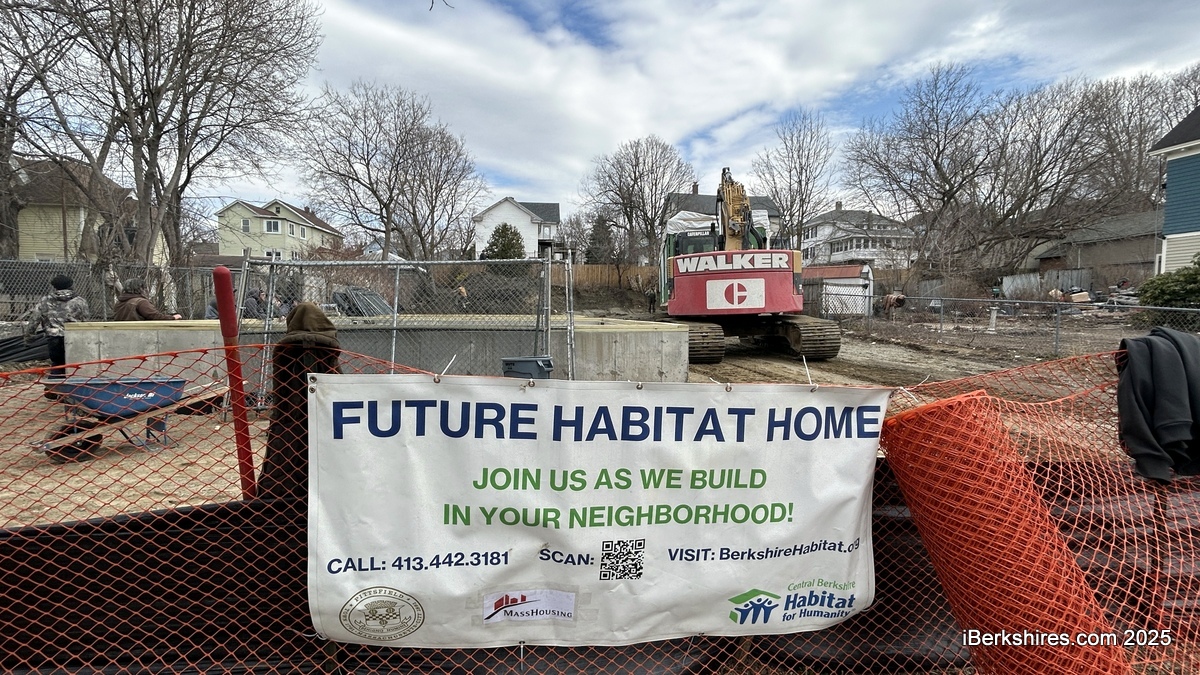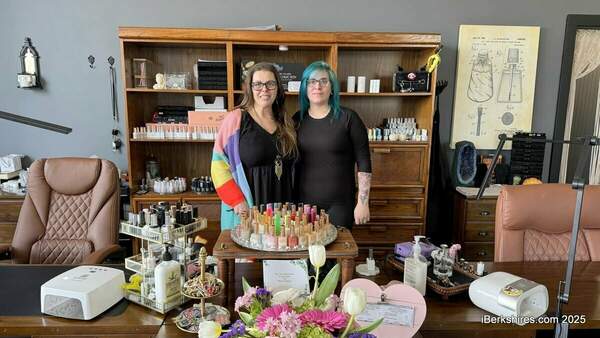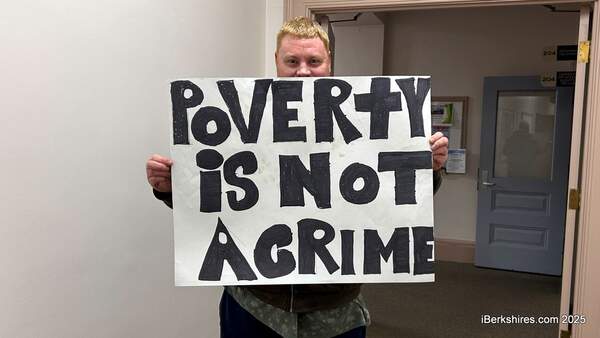Miss Hall's School Appoints Director of Advancement
 |
PITTSFIELD, Mass. — Miss Hall's School has announced that Merritt Colaizzi of Williamstown has joined the school as its new director of advancement.
In her new role, Colaizzi will manage all aspects of the Miss Hall's Development Office, with responsibilities for the school's campaign, major gifts and planned giving programs, annual fund, and alumnae and parent engagement. She will also work closely with the MHS Board of Trustees and campaign volunteer leadership, and will serve as a vital member of the school's Leadership Team, reporting to Head of School Julia Heaton.
"I am very pleased to welcome Merritt to the Miss Hall's School community," Heaton said. "Merritt's experience as a fundraising professional, her natural leadership skills, and her background as a graduate of an all-girls' school make her an outstanding addition to Miss Hall's. Her talents working with individual donors, driving annual giving, and spearheading a comprehensive capital campaign add to the strength of the talented MHS Development team as we work boldly to advance the School’s ambitious goals."
With Colaizzi joining Miss Hall's, director of development and Alumnae Relations Diane Wortis will continue in that role, focusing her considerable expertise on major gift fundraising. Wortis, who joined MHS in 2008 and will report to Colaizzi, will continue to work with MHS donors in support of the school's strategic design and increasing alumnae engagement.
Colaizzi most recently served as director of development at the Clark Art Institute in Williamstown. During her tenure at the Clark, she also held the positions of campaign director and director of major gifts. Previously, Colaizzi held leadership positions at SmartBrief, a Washington, D.C.-based media company, and Streetmail, a digital media company based in North Adams. Additionally, she played critical roles in the Williams College Program in Leadership Studies and in Trinity College's Cultural Programs in Italy. Herself the graduate of an all-girl, K-12 education at The Ellis School, in Pittsburgh, Colaizzi earned a B.A. in Art History from Trinity College and an M.A. from the Williams College Graduate Program in the History of Art.
She will join MHS on Feb. 1.
Tags: miss hall's school,
















